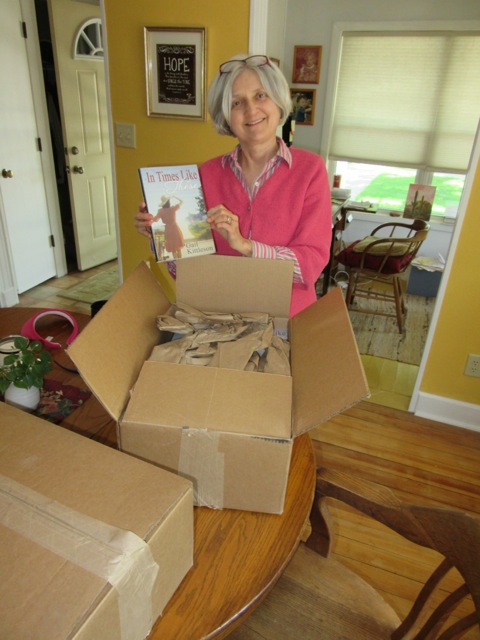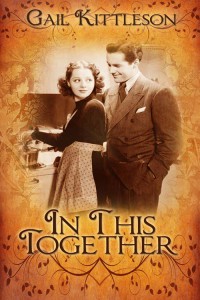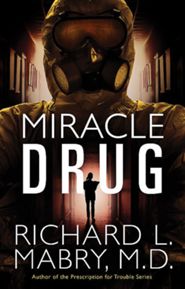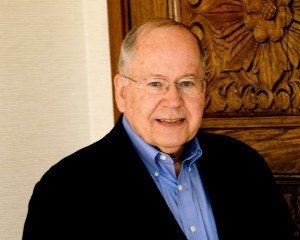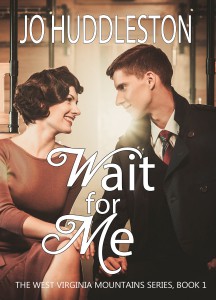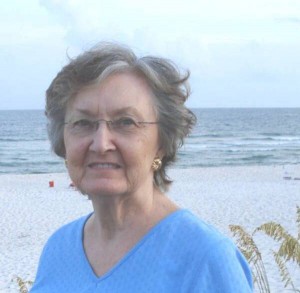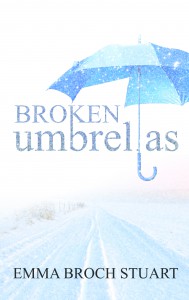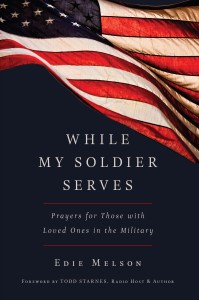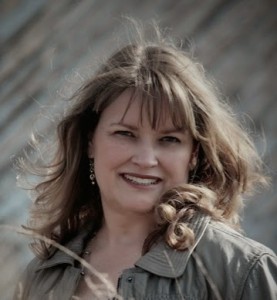You’ll enjoy Liz. Sit back and relax.
I’m afraid, now that I said I’d do this article, that I’ve agreed under false pretenses, so let me start it with a duh-generating caveat. I have completed three single title books: a historical romance, a contemporary romance, and one that’s not hardly a romance at all. As of this writing, none of them are sold. That’s the “duh” part—you know, what makes me qualified to write this?
Well, number one, I’m a warm body with a keyboard. Number two, I LOVE characterization. Number three, even though I have enough rejections and editorial maybes under my belt to re-tree a forest, no one has ever rejected or editorially maybe-ed my characters.
It’s the easiest, laziest part of writing fiction, and doing it in single title/mainstream is just exactly like doing it in short/category except it’s…uh…even easier and lazier.
If you’re like me, your characters drive your story. Plot is incidental; it’s just what happens to those people. If you take away your characters—gosh, I hate calling them that; they’re people—the story no longer exists, because it’s not going to be the same story with others as its protagonists and secondary characters.
Oh, my goodness, have I just said something important? Well, that depends. If you write character-driven, you just said “duh.” However, if you’re a plot-driven writer, you probably said, “What is she talking about?”
Have you read any of Janet Ivanovich’s Stephanie Plum mystery series, starting with One for the Money? If you have, you know Stephanie’s a smart-talking “Joizy” girl with a hilarious grandmother and a cousin for every crime. If, on the other hand, you’ve read any of Lawrence Sanders’ Archie McNally series, you know Archie’s a rich guy in his 30s who still lives at home and drives a sharp little red Mazerati.
They’re both young, attractive, witty, and charming. They both have families whose eccentricities add humor and depth to their stories. They both solve mysteries and murders, all the while creating more mayhem for next time. Gender aside, are they interchangeable?
Nope.
And that, my friends, is single-title / mainstream characterization.
Okay, we all know that we develop our people by giving them individual traits. In a category romance, our heroine may be a little clumsy, a chocoholic, or shy. Something terrible may have even happened to her, a long time ago. Our hero might be a channel surfer, or he might drive too fast, or he may suffer flashbacks of a war fought in a Third World country a long time ago. But any failings they have will be either minor ones that don’t seriously affect the story or they will be in their distant past. This is not because the author doesn’t want to deal with them but because category romances aren’t long enough.
Single title romances are, so all your people’s character traits—or flaws—can affect the story any way you want them to. And if you want that hero to be just six hours home from that war or that heroine to be just three days past the loss of a child, that’s fine, because you have room in single title to address their pain.
And that, my friends . . . oops, repeating myself, aren’t I?
And there’s another part of characterization. If a character starts out with a slightly twitching right eye or a dimple in her left cheek, make sure she keeps it or gets it fixed within the story. If he speaks in a dialect, make sure not to insert enough of it to get annoying, but don’t forget it altogether, or your readers will “hear” your first-generation Irishman speaking with Midwestern nasality. Repeat yourself—just not a lot.
Before I end this, let me add one thought that is purely subjective, speaking from strictly one reader’s point of view, that reader being me. I hate perfect characters. Just as I’m not interested in knowing any in real life, I’m not interested in reading about them, either, because there’s nothing there to identify with.
Happy writing.
***
Liz Flaherty admits, only semi-apologetically, that she wrote this article a long time ago. In the time since then, those manuscripts she mentioned in the first paragraph—along with numerous others—have been sold and published. (She is unbecomingly proud of this, so don’t ask her too many questions—she’ll answer them.)
You can Google her name, or you can go to all the on-line bookstores if you’d like to read one (or nine) of her books. You can also visit her at www.lizflaherty.com or at http://wordwranglers.blogspot.com/ where she blogs every Monday. If you ever just feel like talking, drop an email to lizkflaherty@gmail.com.





